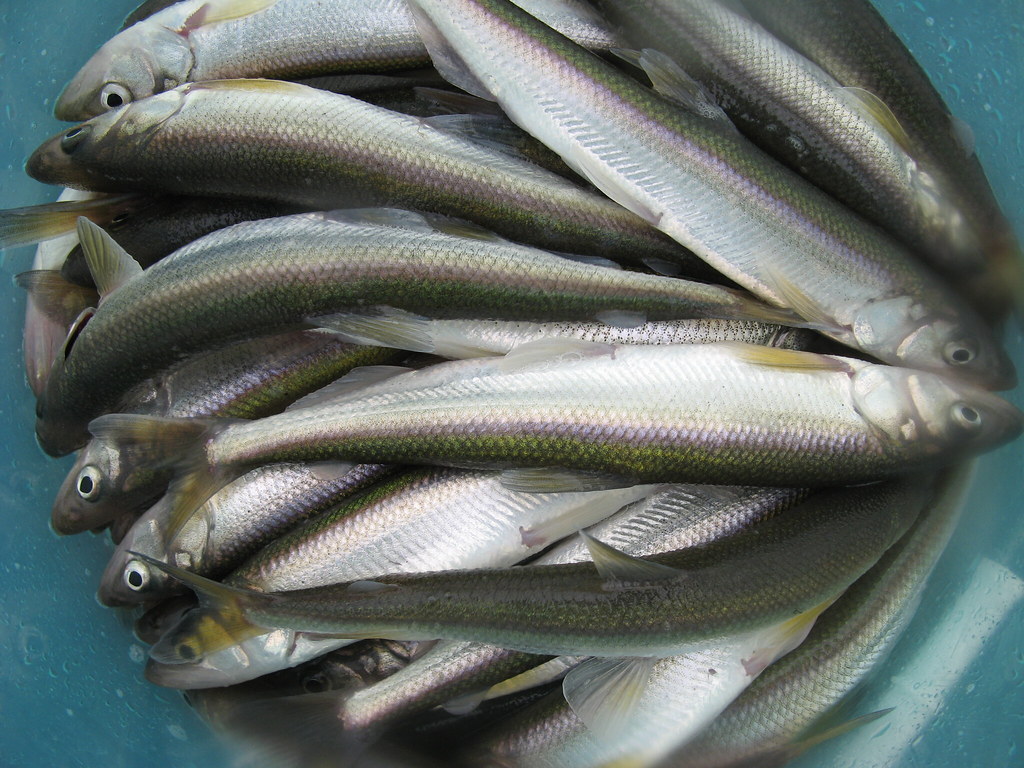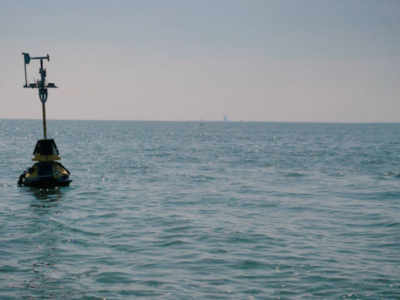
PFAS, short for per- and polyfluoroalkyl substances, are a group of widespread man-made chemicals that don’t break down in the environment or the human body and have been flagged as a major contaminant in sources of water across the country.
Keep up with PFAS-related developments in the Great Lakes area.
Click on the headline to read the full story:
Minnesota:
- Minnesota’s $850 million settlement plans to address 3M ‘forever chemicals’ hit resistance in east metro – Star Tribune
The scale of the problem is enormous, and state officials trying to divvy up the settlement face little consensus among cities, residents, environmental groups — and now 3M — over how to spend it. A sample of the more than 200 public comments on the three options the state issued last fall show myriad concerns such as costs being underestimated, priorities being misplaced and PFAS treatment levels not being strict enough.
Ohio:
- Ohio EPA completes testing of drinking water under PFAS Action Plan – Richland Source
Ohio EPA announced Wednesday that it has received the final testing results for the presence of certain per- and polyfluoroalkyl substances in drinking water from Ohio’s public water systems, bringing to a close the Agency’s statewide sampling initiative of almost 1,550 public water systems under Ohio’s PFAS Action Plan.
Although there are currently no national drinking water standards for PFAS nor mandates for its testing, Governor Mike DeWine called for the development of the PFAS Action Plan last year to identify the extent of PFAS chemicals in Ohio’s public drinking water systems. The testing found only two public water systems in the state with PFAS levels above the state’s action level.
Wisconsin:
- Homeowners Offered Bottled Water After Elevated PFAS Levels Found Near La Crosse Airport – Wisconsin Public Radio
Dozens of homeowners near the La Crosse airport are being offered bottled water after testing of private wells showed concerning levels of PFAS contamination. Nine wells had levels of the chemicals 50 times higher than the state’s recommended groundwater standard for the so-called “forever chemicals.”
- Peshtigo Residents Reach $17.5M Class Action Settlement With Tyco Over PFAS Contamination – Wisconsin Public Radio
Peshtigo residents have reached a $17.5 million settlement with Tyco Fire Products and two other companies over widespread PFAS contamination stemming from the use of firefighting foam in the Peshtigo and Marinette areas.
The multi-million dollar settlement reached with Tyco, Chemguard and ChemDesign will compensate Peshtigo residents for exposure to PFAS in private drinking water wells, property damage and individual disease claims due to the use of Aqueous Film-Forming Foam. A lawsuit was first filed in December 2018 by Peshtigo residents Joan and Richard Campbell.
- First ever PFAS fish consumption advisory issued for Lake Superior smelt – Duluth News Tribune
The Wisconsin Department of Natural Resources on Friday issued a new fish consumption advisory for Lake Superior rainbow smelt, saying recent tests found high levels of the suspected carcinogen PFAS in the fish.
The DNR is recommending people eat no more than one meal per month of smelt because of the high levels of PFAS.
Madison Metropolitan Sewerage District has launched a new website, madsewerpfasinitiative.org, which highlights the District’s work to address the pollutants known as PFAS, or per- and polyfluoroalkyl substances, in the wastewater system. The site also provides information and education on PFAS for individuals and businesses.
United States:
Documents reviewed by The Hill show the White House intervened as the Environmental Protection Agency was weighing a strict ban on imports of products that contain a cancer-linked compound, substantially weakening the guidance.
The guidance in question sought to limit potential exposure to a group of chemicals abbreviated as PFAS, used as a nonstick coating on products ranging from raincoats to carpets to cookware. They’ve been dubbed “forever chemicals” due to their persistence in the environment and the human body.
But as the EPA worked to limit the importation of any product with PFAS inside or out, the White House Office of Management and Budget stepped in and significantly watered down the guidance in December, barring importation of only those products with a PFAS coating on the outside.
- Mosquito spray tainted with PFAS from shipping containers – Chemical & Engineering News
Environmentally persistent chemicals discovered in an insecticide aerially sprayed in more than half of US states leached into the pesticide from plastic shipping containers, the Environmental Protection Agency says.
“Shipping containers may be a significant source of PFAS exposure through the entire US agricultural sector,” Kyla Bennett, science policy director for PEER, says in a statement.
The restaurant giant announced that it would stop using food wrapping treated with PFAS chemicals, a move that follows pressure from advocacy groups who’ve targeted McDonalds and other fast chains over the past year, hoping to convince them to ditch the chemicals out of concern they’re getting into humans and accumulating in landfills.
Those groups notched a win this week, although they urged the company to move faster to eliminate the chemical group use.
Catch up with PFAS news on Great Lakes Now:
Wisconsin releases action plan to reduce PFAS chemical use
Indiana universities receive grants to study PFAS impact on water quality
PFAS News Roundup: PFAS exposure may affect COVID vaccine, NY bans PFAS in food packaging
PFAS Progress: Michigan continues legislative push for more action against PFAS
API key not valid. Please pass a valid API key.Featured image: Kuskokwim Smelt (Photo by Andrea Pokrzywinski via Flickr, CC BY 2.0)




